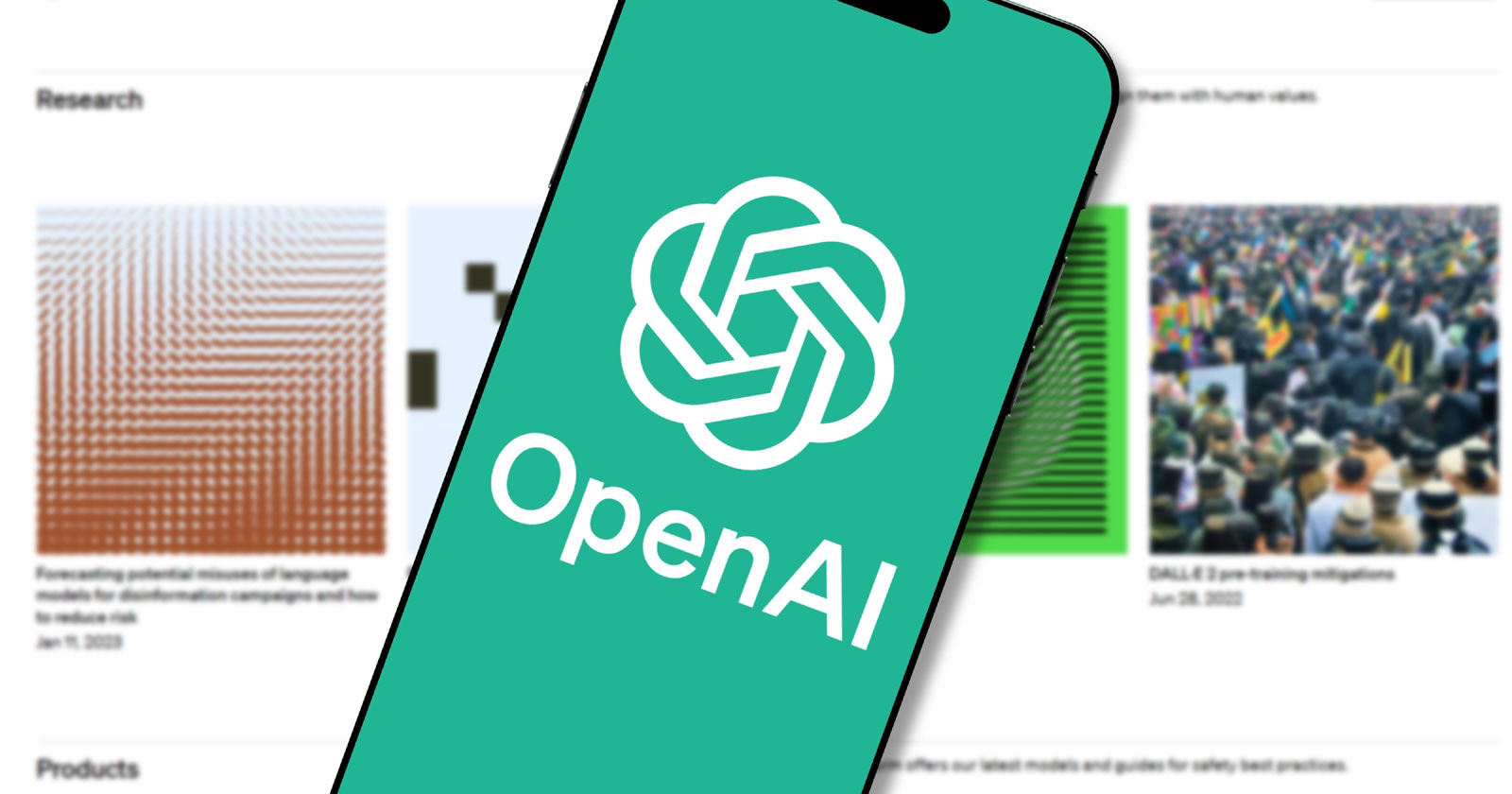OpenAI requested that a judge dismiss parts of the copyright infringement lawsuit filed by The New York Times arguing that, among other things, The New York Times hired someone to hack OpenAI in order to manufacture a basis for filing the lawsuit.
OpenAI filed a request for partial or full dismissal of four counts in the lawsuit filed by The New York Times.
New York Times Allegedly Hired Someone To Hack OpenAI
Among the explanations of why some portions of the lawsuit should be dismissed is the claim that The New York Times hired someone to specifically “hack” OpenAI in a way that a normal person would never actually use OpenAI and in violation of the terms of use.
According to OpenAI:
“The truth, which will come out in the course of this case, is that the Times paid someone to hack OpenAI’s products. It took them tens of thousands of attempts to generate the highly anomalous results that make up Exhibit J to the Complaint.
They were able to do so only by targeting and exploiting a bug (which OpenAI has committed to addressing) by using deceptive prompts that blatantly violate OpenAI’s terms of use.”
OpenAI goes on to claim that The New York Times took extraordinary steps that were not in any way the normal manner of using OpenAI’s products in order to obtain “verbatim passages” from The New York times, including providing portions of the text that they were trying to get OpenAI to reproduce.
They also call The New York Times’s allegations that the news industry is threatened by OpenAI “pure fiction” saying,
“Normal people do not use OpenAI’s products in this way. The Times’s suggestion that the contrived attacks of its hired gun show that the Fourth Estate is somehow imperiled by this technology is pure fiction.
So too is its implication that the public en masse might mimic its agent’s aberrant activity.”
The part about “its agent’s aberrant activity” is a reference to the “hired gun” that OpenAI claims The New York Times employed to create a situation where OpenAI output verbatim text.
OpenAI’s filing implies that the New York Times is trying to “monopolize facts” and the “rules of language” which is a reference to the idea that using text data to train AI models, which then generate new content, does not infringe on copyright because that’s a transformative use.
Consequence Of Allegations Against NYTimes
Artists are having a hard time in court arguing copyright infringement because AI is increasingly seen as transformative, which is the principle where a copyrighted material is transformed with new meaning or repurposed like in a parody, commentary or in creating something entirely new out of it.
The Electronic Frontier Foundation says about the principle of transformative use:
“The law favors ‘transformative’ uses — commentary, either praise or criticism, is better than straight copying — but courts have said that even putting a piece of an existing work into a new context (such as a thumbnail in an image search engine) counts as ‘transformative.’ ”
If the allegations that OpenAI makes against The New York Times is correct, what do you think are the chances that OpenAI will prevail and the current status quo for AI will remain?
Featured Image by Shutterstock/hakanyalicn
